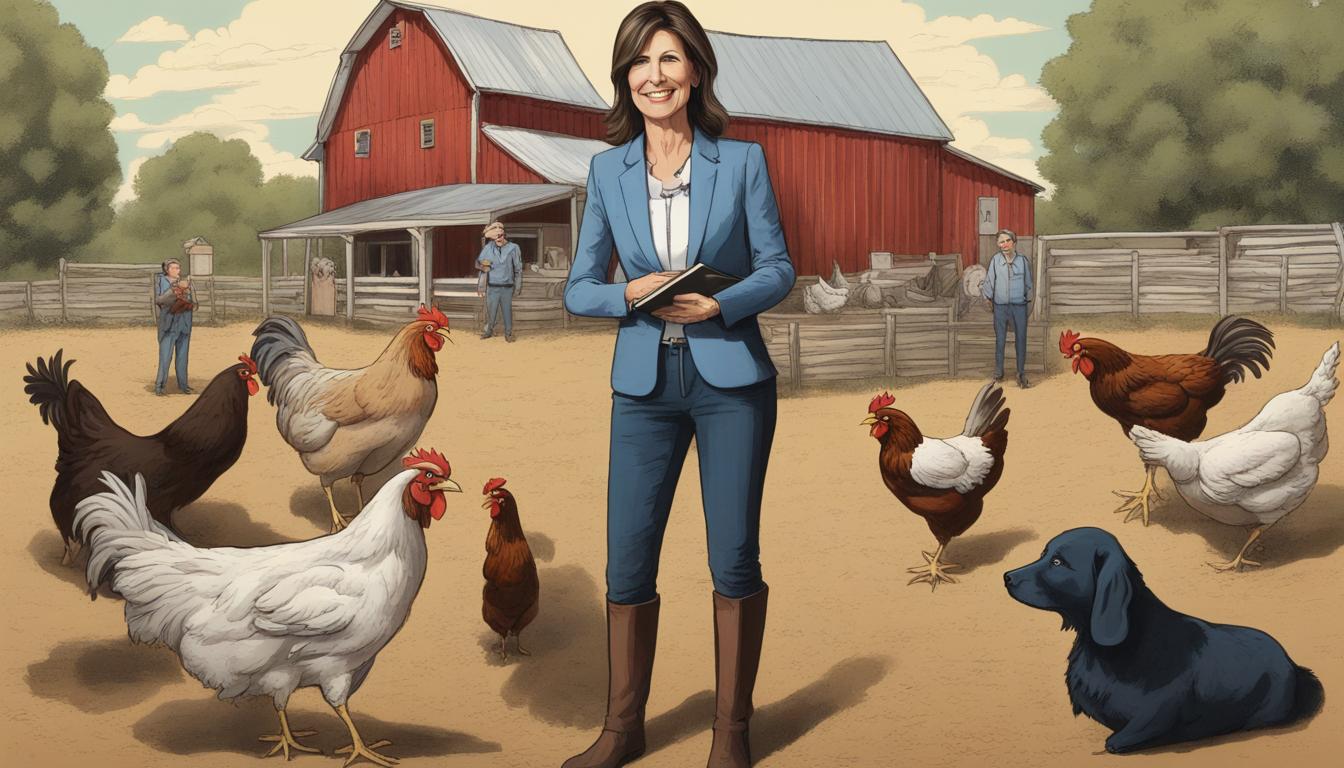Governor Kristi Noem’s controversial decision to euthanize her family dog, Cricket, after a fatal incident involving a neighbour’s chickens has sparked widespread debate and criticism from prominent figures and organizations.
South Dakota Governor Kristi Noem has sparked controversy by disclosing in her upcoming memoir the decision to euthanize her family dog, Cricket, who had fatally harmed a neighbour’s chickens. This event is also contextualized with another instance involving an unruly goat, both detailed in her book “No Going Back: The Truth on What’s Wrong With Politics and How We Move America Forward,” slated for release next month in the US.
Reactions have varied widely, with figures like former Secretary of State Hillary Clinton and organizations such as The Lincoln Project criticizing Noem’s actions. Clinton indirectly commented on the matter by resharing a post stating, “Don’t vote for anyone you wouldn’t trust with your dog.” Meanwhile, former White House deputy press secretary Sarah Matthews and The Lincoln Project’s Rick Wilson have openly condemned the governor’s actions.
Noem has defended her choices, asserting they reflect the harsh realities of farming and arguing that her transparency demonstrates authenticity and an ability to learn from past actions. Nonetheless, the revelation has incited debates on animal rights and the moral responsibilities of leadership.
Critiques also extend to the legal implications of her actions, since South Dakota law categorizes pets causing harm to livestock as a potential misdemeanor, a law in place during the 2004 incident involving Cricket. Nevertheless, Noem emphasizes that the decisions she made were grounded in necessity and the context of agricultural life, although South Dakota only escalated animal cruelty to a felony in 2014.
This controversy has roused significant public and political discourse, reflecting broader societal concerns about animal welfare and the qualities expected of public figures.













